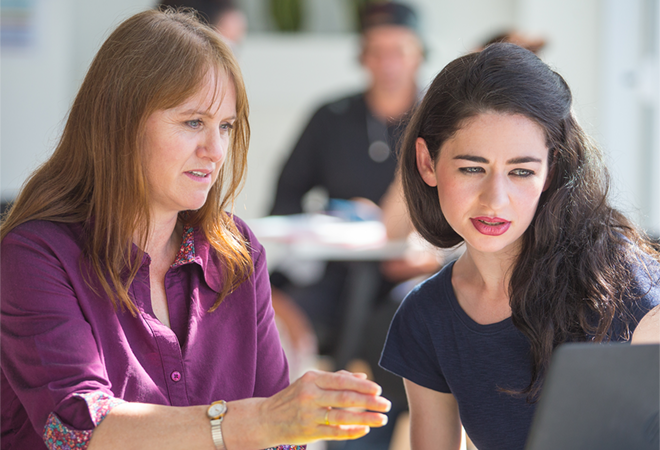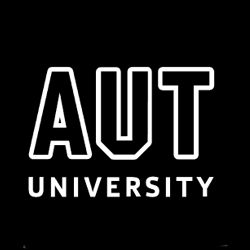
Best practice in supervisor feedback to thesis writers
Status
Completed: 6 December 2011
Project Details
An 18-month project to investigate what supervisors and research students in New Zealand universities identified as best practice in providing feedback to thesis writers. A collaboration of AUT University and University of Auckland.
Aims:
The main aims of the project were to:
- see whether or not there are similarities and differences in supervisor and student perspectives within and across disciplines
- identify any differences in the nature and delivery of feedback to speakers of English as a first language (L1) or as an additional language (L2)
- produce advice on what supervisors and students consider to be best practice in thesis supervision.
Methodology:
A mixed-method (quantitative/qualitative) approach was taken which included:
- questionnaires undertaken by students and supervisors
- in-depth interviews with a sub-set of participants
- text analysis of draft thesis samples.
Team

Professor John Bitchener
Project leader
AUT University
Dr Helen Basturkmen
The University of Auckland
Dr Martin East
The University of Auckland
Heather Meyer
AUT UniversityStatus
Funding
$85,268.00 (excl GST)
Key Findings
Findings indicated that:
- A wide range of beliefs and practices about feedback are held by supervisors.
- Best practice was typically explained as that which is most appropriate for an individual student at the time feedback is provided.
- From the student perspective, direct or ‘to-the-point’ feedback was easier to understand and act on.
- Written feedback, followed by face-to-face meetings, is useful in allowing discussion to ‘flesh out’ and clarify points that are made and to help students move forward to the next stage.
- Supervisors and students recognised the fact that the relationship between them needs to be framed as a partnership of equals.
- The content focus of the feedback was generally the same for both L1 and L2 students but sometimes supervisors found it necessary to provide some L2 writers with a greater amount of feedback on linguistic accuracy and appropriateness than was the case with most L1 students.
- Professional development for supervisors is necessary to support supervisors in identifying and diagnosing problems in students’ writing.
Key Recommendations
Recommendations for further research included:
Quantitative study | Carry out a further quantitative study to examine the extent to which supervisors and students hold the various ideas suggested by the respondents. A series of behavioural and attitudinal statements could be developed and these could include both Likert-scale and ranking questions.
Disciplinary differences | Recruit a larger sample size and a more equal participation from the three discipline areas. This would provide a more solid basis for investigation of disciplinary differences.
Feedback practices | Investigate other forms of practice (such as, supervisory meetings and feedback sheets) to provide a more complete description of feedback practices.
Comparative study | Make a comparative study into the nature of feedback given at early and later stages of the supervision process.
Effective practice | Carry out a longitudinal study to gain insights about effective practice over the entire supervisory period from the perspectives of supervisor and supervisee.
A research report prepared by JohnBitchener, Helen Basturkmen, Martin East and Heather Meyer.
(PDF, 607 KB, 58-pages).
- 7 December 2011